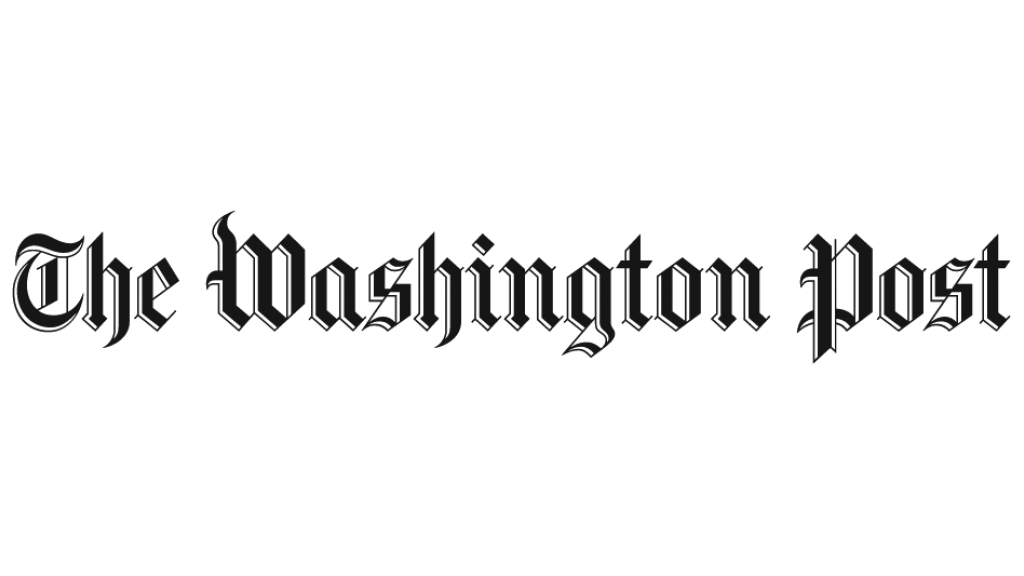In the Washington Post article, Andrew Campbell (CS), Jeremy Huckins (PBS) and Dante Mack (PBS) discuss the new findings associated with COVID fatigue and the rising levels of depression and anxiety of students during the pandemic captured by mobile sensing data.
From the article:
College students are feeling more anxious and depressed as they sleep less and spend more time on their phones, researchers said after spending four years monitoring the behaviors of young people.
Dartmouth College researchers began tracking 217 students when they entered the school as freshmen in 2017 in the hopes of understanding how they behave. They've seen students' stress levels rise and fall, usually in tandem with midterm and final exams. But since the onset of the coronavirus pandemic, rates of depression and anxiety have soared — and have showed no signs of coming down, said Andrew Campbell, a researcher and computer science professor.
Rates of anxiety and depression soared during the 2020 spring break, a time of year when students usually sleep more and report low levels of stress, Campbell and Huckins found. Those levels have yet to return to pre-pandemic normal, according to researchers. "Interest in covid fatigue is a unique tool that allows us to understand how the 'new normal' may be associated with poor mental health outcomes," said Dante Mack, the first author of the study.
